Elevate Your Smart Home: Must-Have Gadgets for 2024
Unlocking the Magic: Your Guide to a Smarter Home
The concept of a smart home might seem like something straight out of a sci-fi movie, but it's increasingly becoming a reality for many homeowners. A smart home, also known as a connected home or smart house, leverages smart home technology to create a network of devices that can communicate with each other and be controlled remotely. This network of devices can range from simple smart bulbs to complex smart systems that manage everything from lighting and temperature to security and entertainment.
The Benefits of a Smart Household
- Enhanced Comfort & Convenience: Imagine walking into a perfectly lit room, the temperature set just right, your favorite playlist playing softly in the background. All of this can be achieved with a few taps on your smartphone or a simple voice command.
- Improved Energy Efficiency: Smart thermostats learn your habits and adjust the temperature accordingly, saving you money on energy bills. Smart plugs let you monitor and control the power usage of your appliances, while smart lighting can be scheduled to turn off when not in use.
- Heightened Security & Peace of Mind: Smart security systems with cameras, motion sensors, and smart locks provide real-time monitoring and alerts, giving you peace of mind whether you're at home or away.
- Accessibility & Independence: Smart home technology can be particularly beneficial for people with disabilities or mobility issues, enabling them to control their environment with ease.
Key Components of a Smart Home
- Smart Home Hub: This acts as the central control point for all your connected devices, allowing them to communicate with each other and be controlled remotely. Popular hubs include Amazon Echo, Google Nest Hub, and Apple HomePod.
- Smart Lighting: Smart bulbs and switches allow you to control the brightness, color, and scheduling of your lights.
- Smart Thermostats: These intelligent thermostats learn your preferences and adjust the temperature accordingly, ensuring comfort and energy savings.
- Smart Security Systems: Protect your home with smart cameras, motion sensors, door/window sensors, and smart locks.
- Smart Appliances: Smart refrigerators, ovens, washing machines, and other appliances can be controlled remotely, monitor usage, and even offer helpful suggestions.
- Voice Assistants: Use voice commands to control your smart home devices, get information, play music, and more.
Building Your Smart Home: Start Small and Scale
You don't have to automate your entire house overnight. Start by identifying the areas where smart technology would be most beneficial to you. Perhaps you want to improve your home security, make your morning routine easier, or simply save on energy bills. Once you've identified your priorities, you can start adding smart devices gradually.
The Future of Smart Homes
The smart home industry is rapidly evolving, with new innovations and devices emerging all the time. As smart house technology becomes more sophisticated and accessible, the possibilities for creating a connected, personalized, and efficient living space are endless.
Embrace the convenience and comfort of a smart home. Start your journey today!




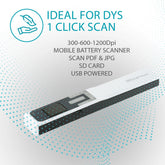








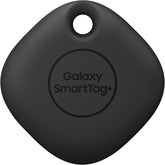
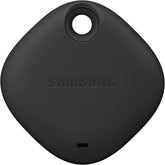



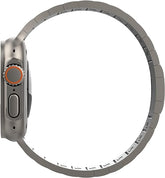
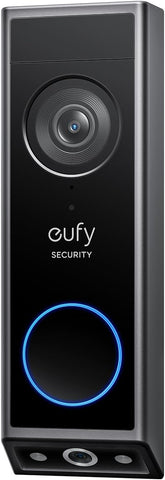



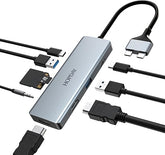
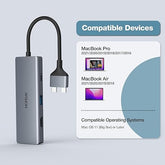
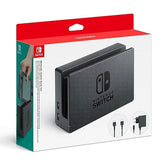
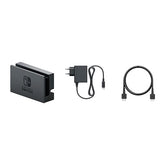
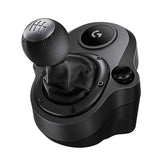
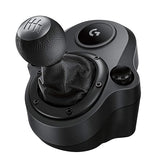




![["B0B1L87TMY"]](http://smarttechshopping.com/cdn/shop/products/7110BNil-dL._AC_SL1500_165x.jpg?v=1695449139)
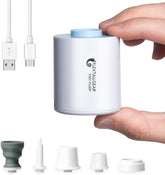
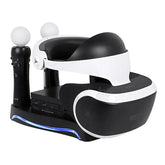





Leave a comment
Please note, comments need to be approved before they are published.